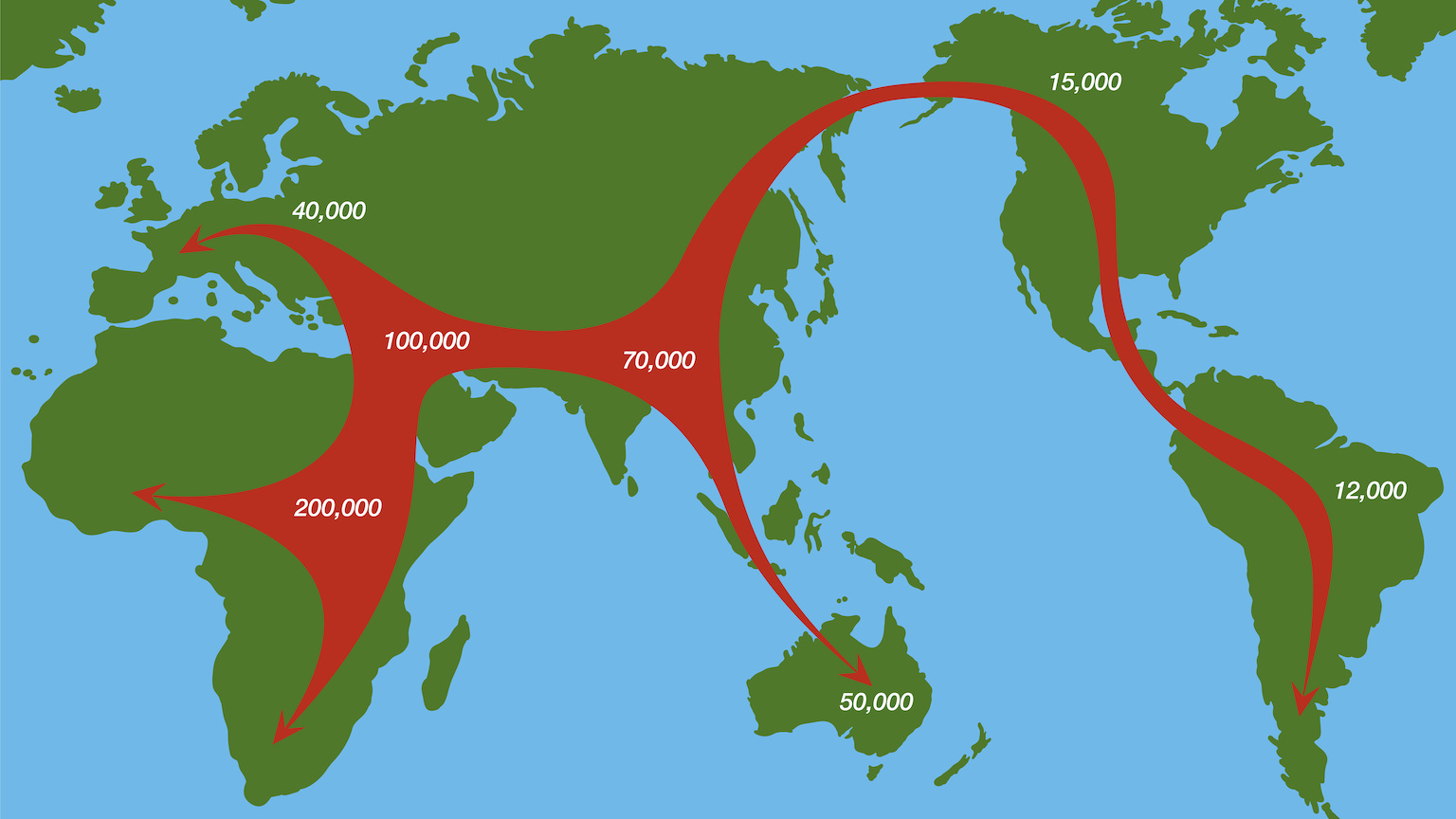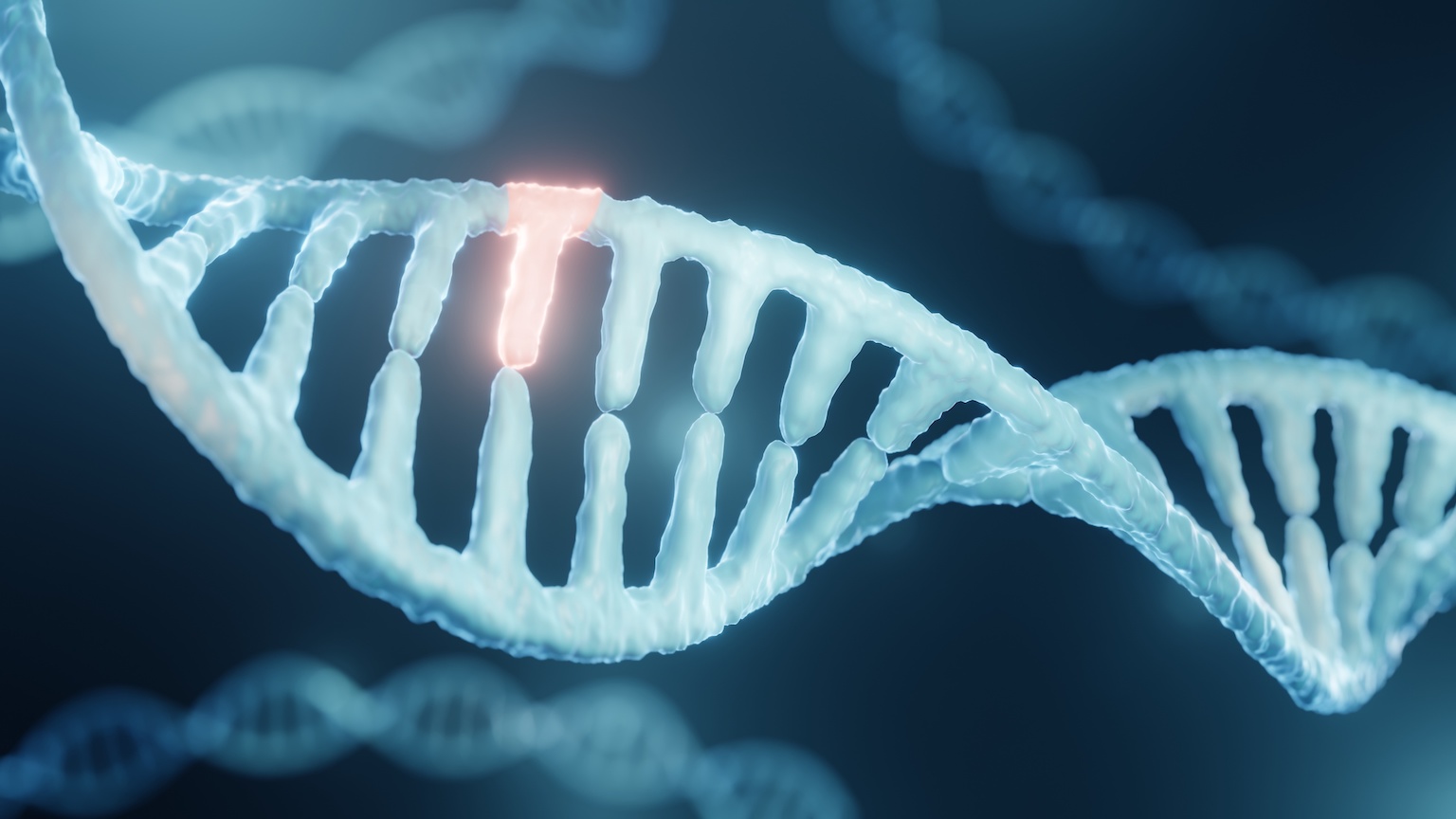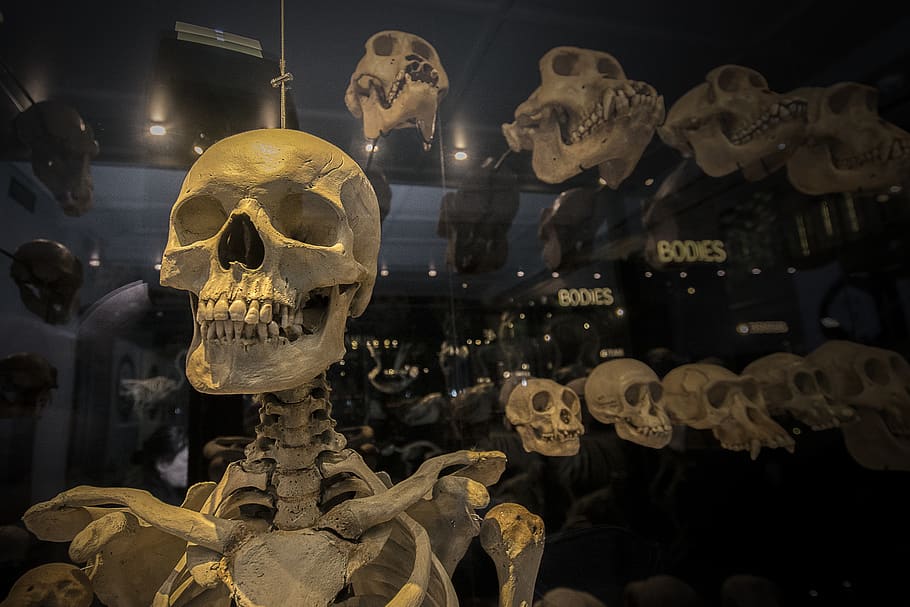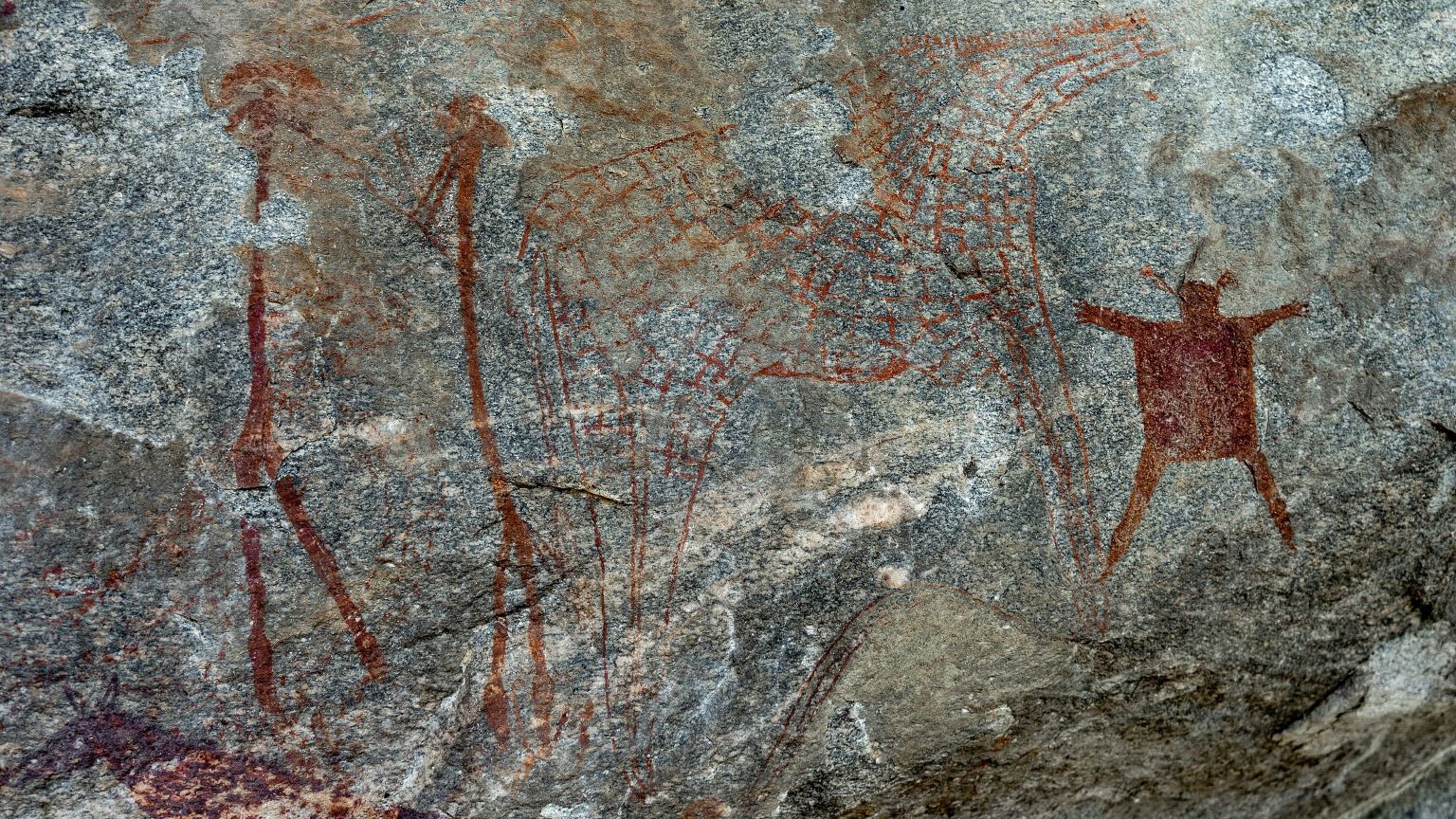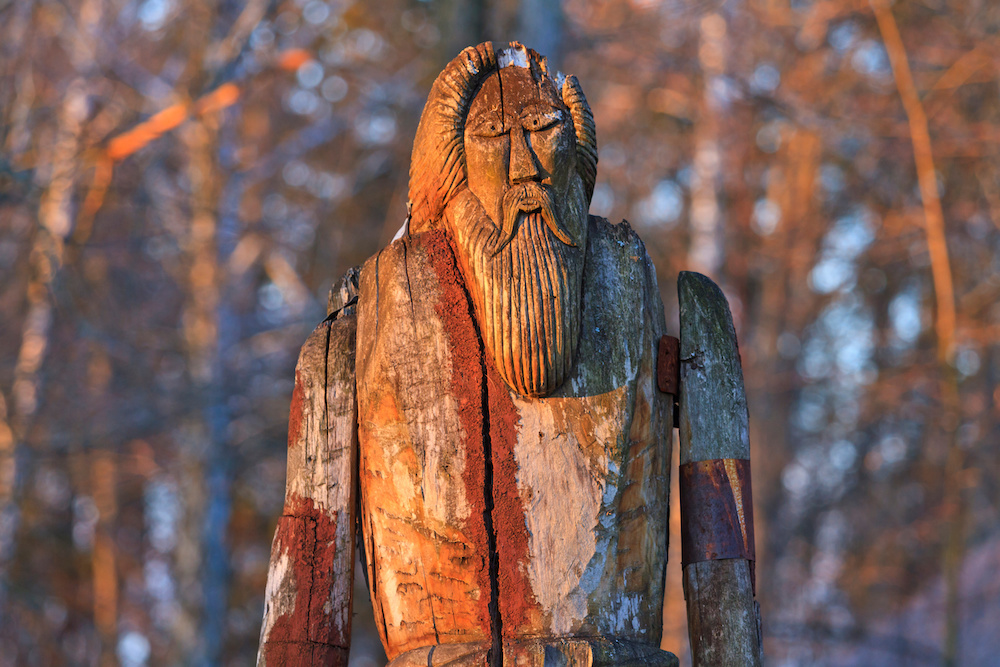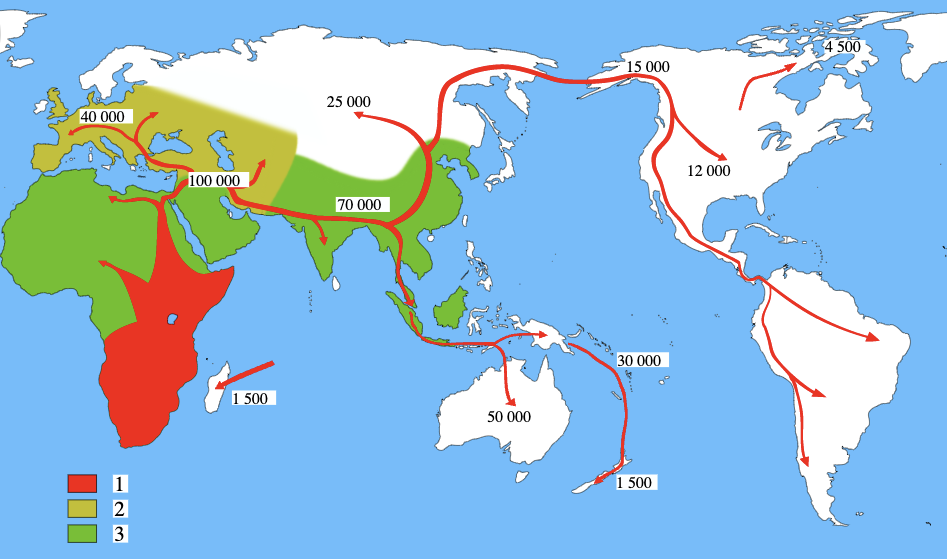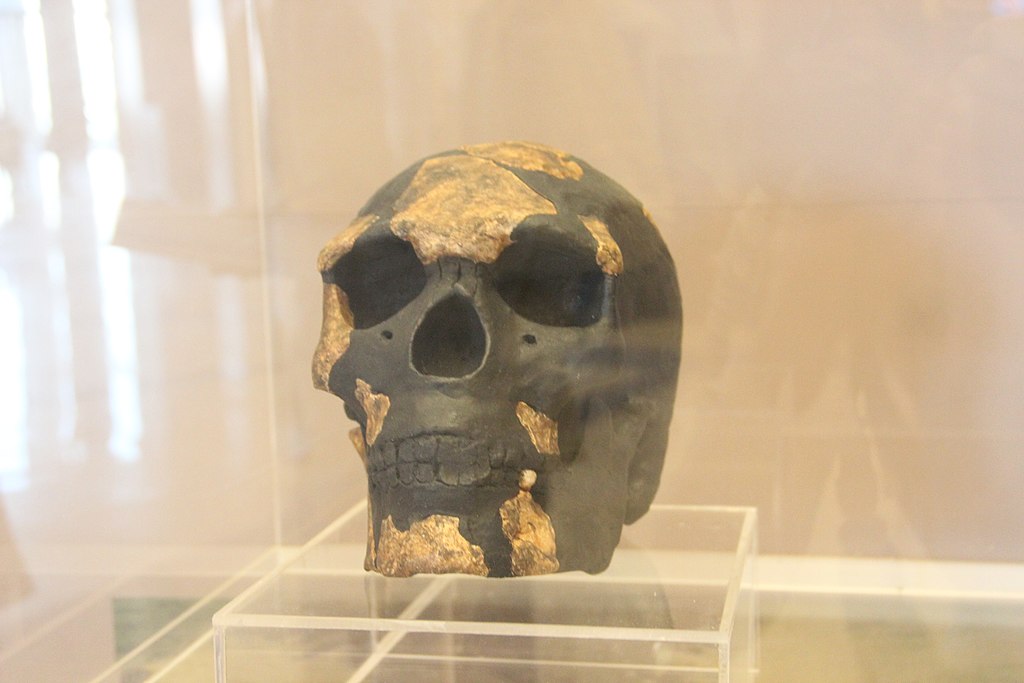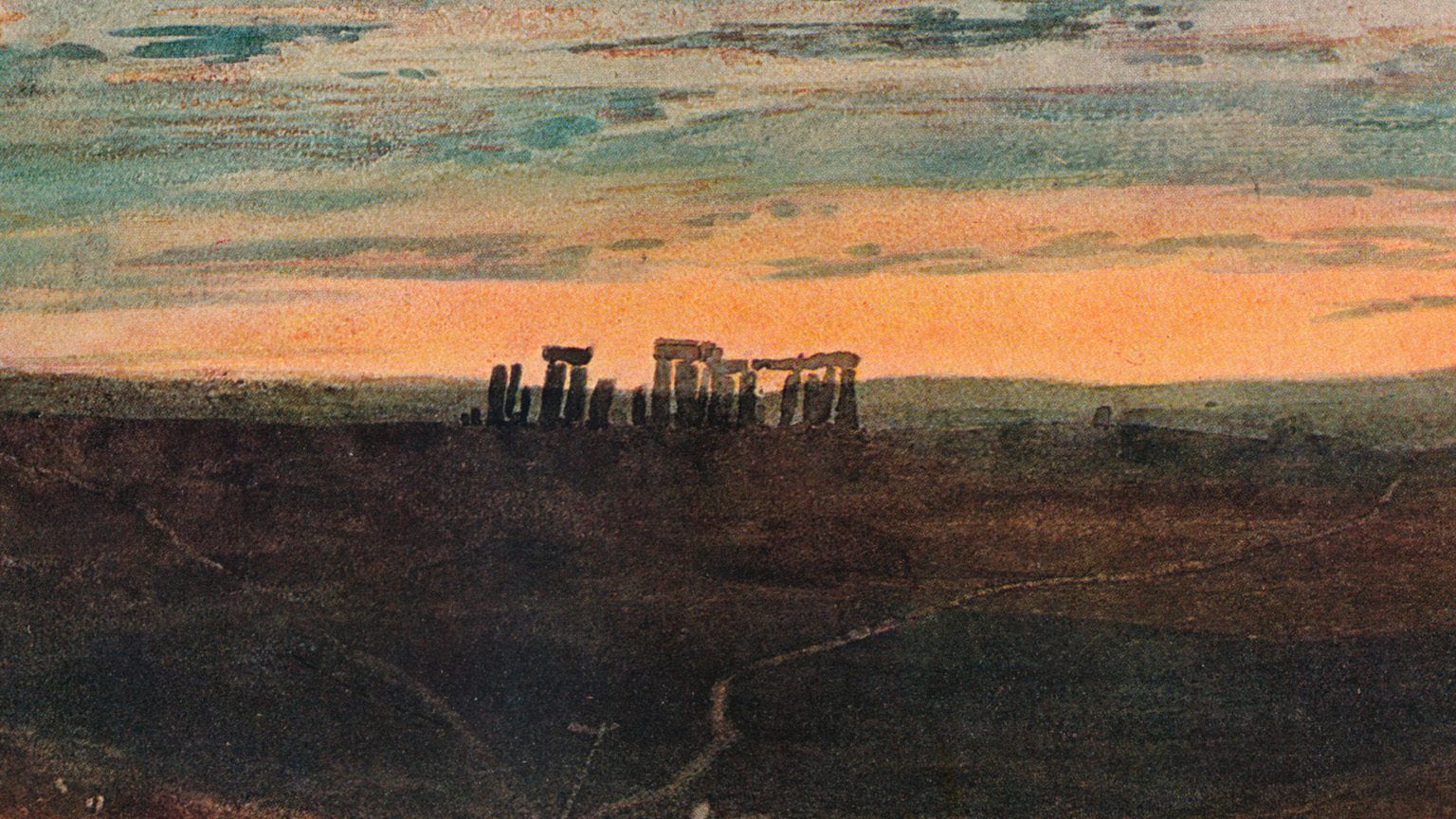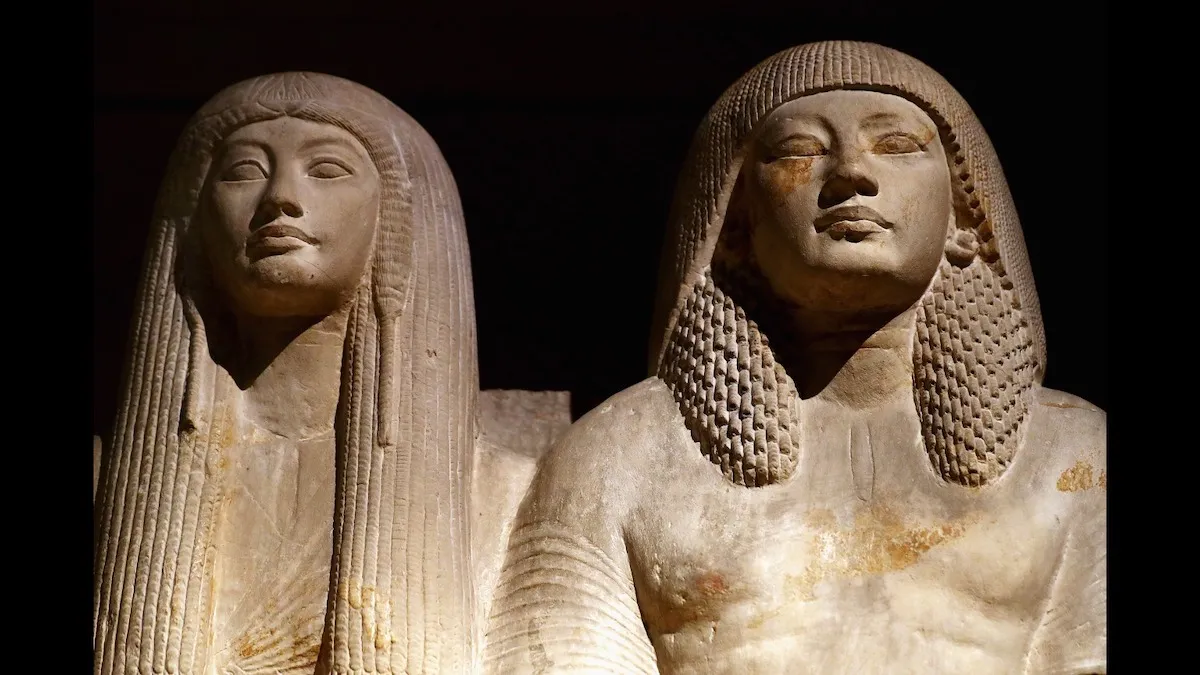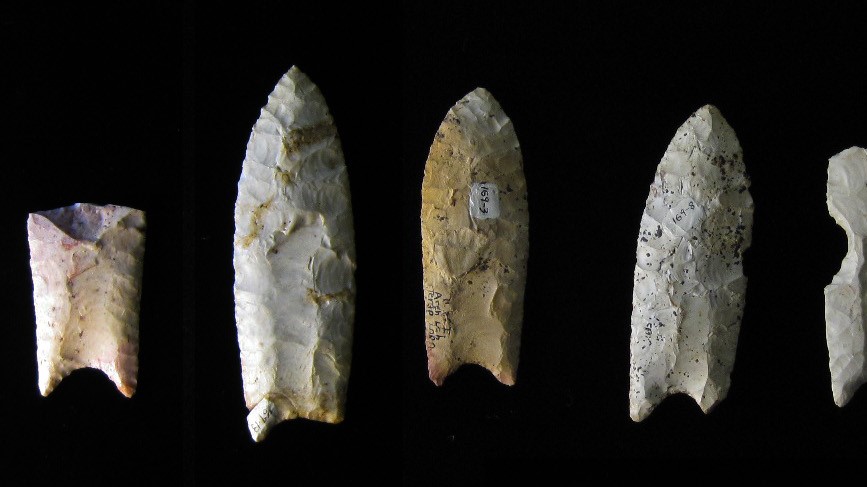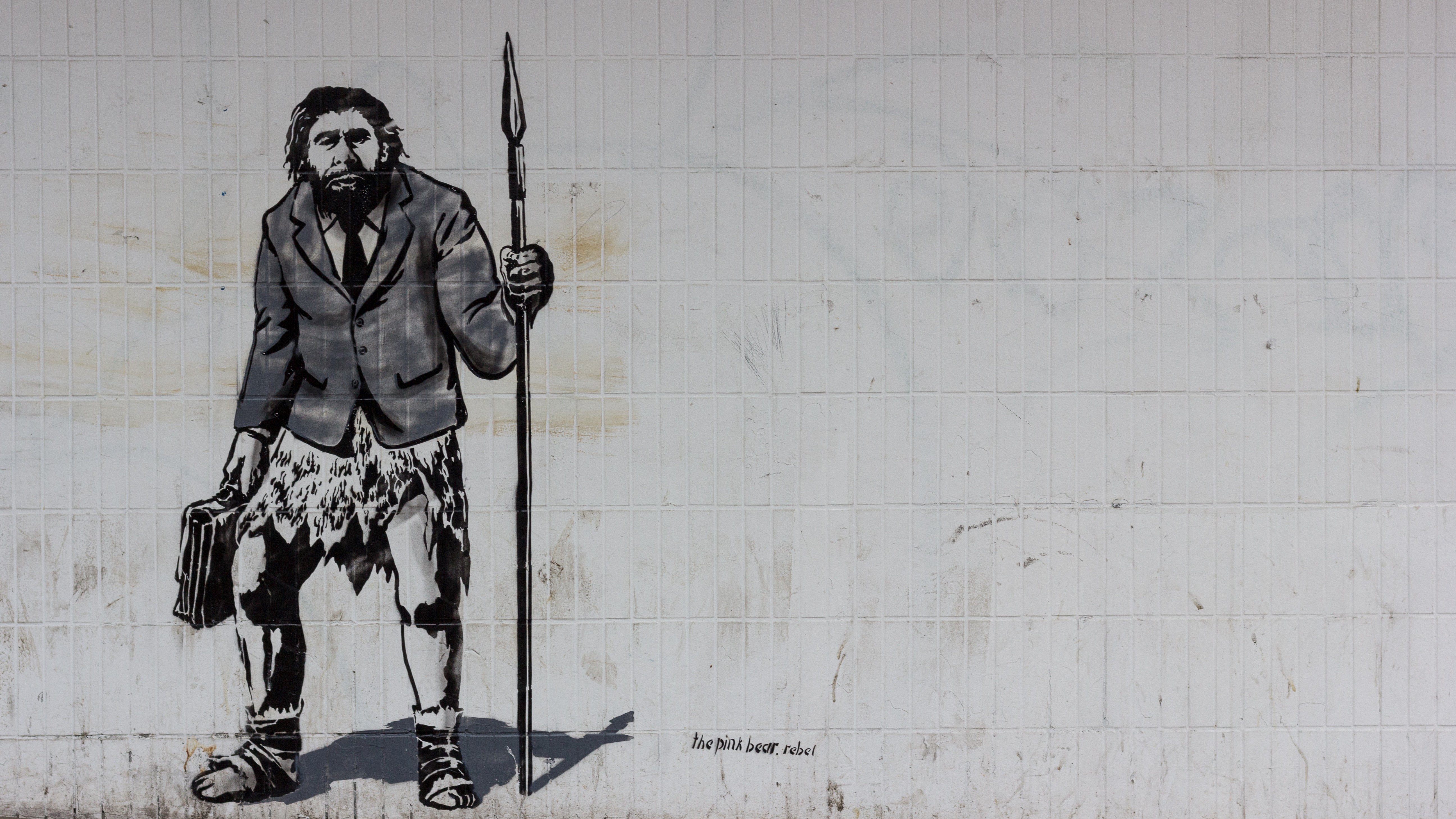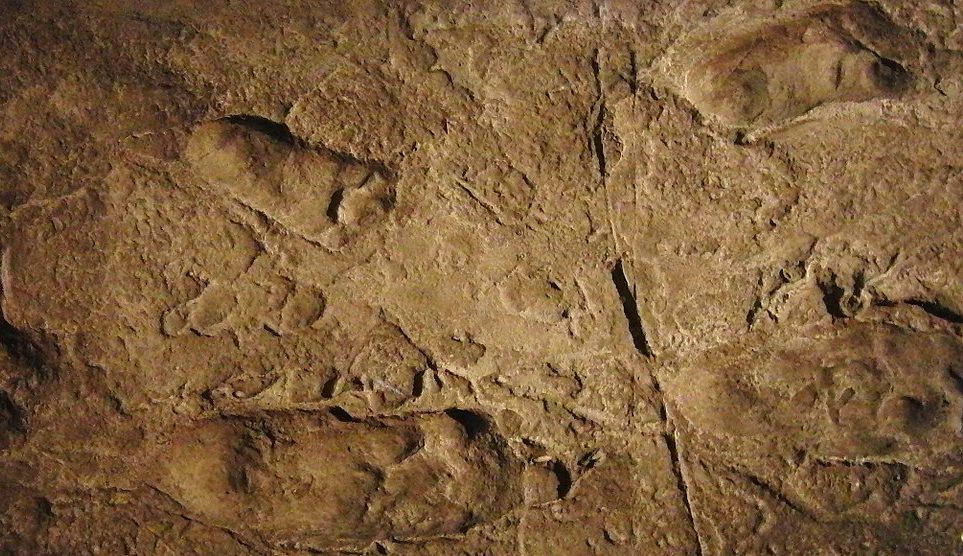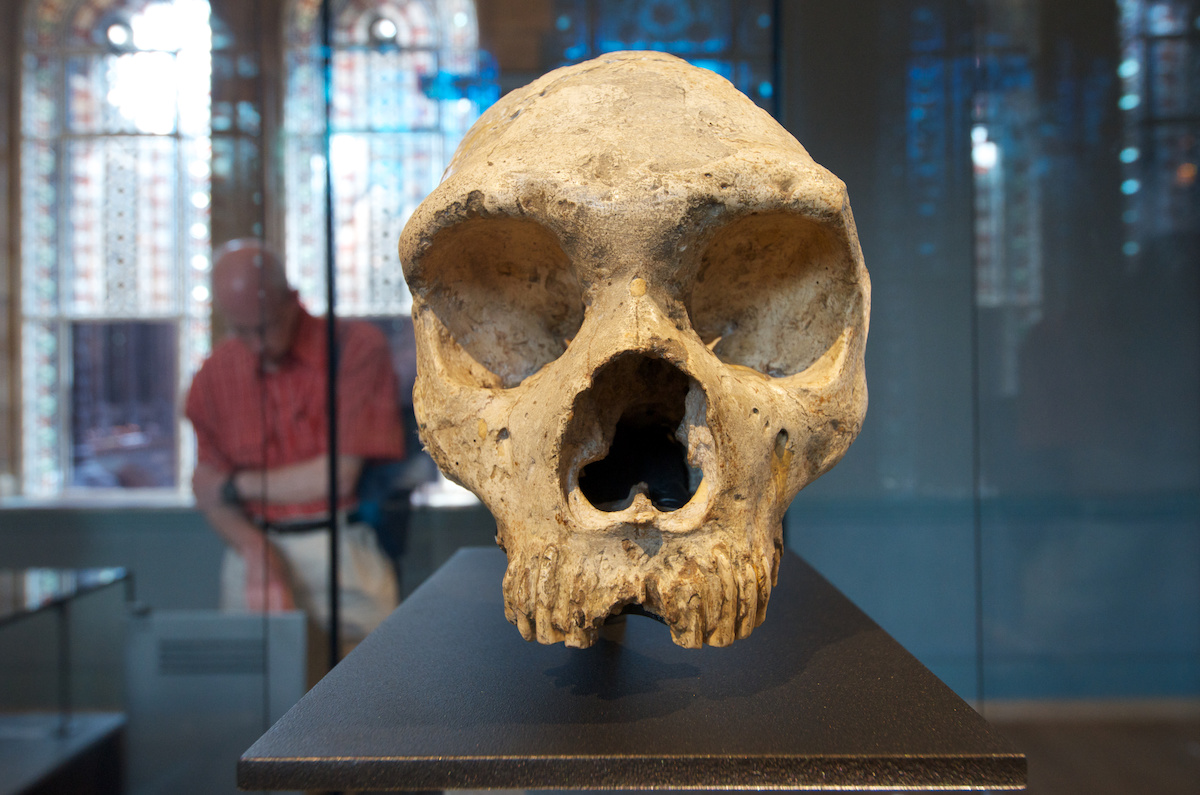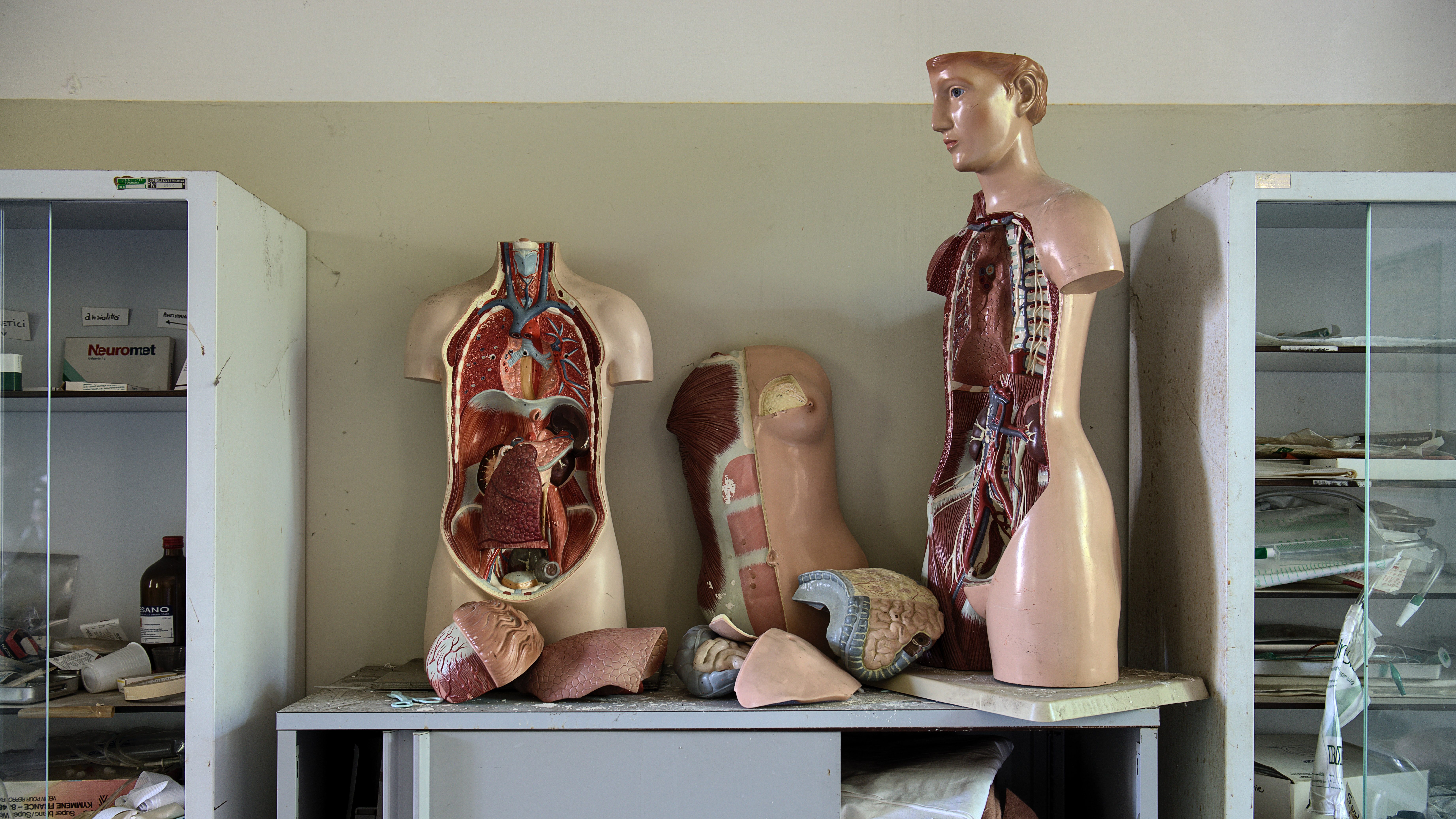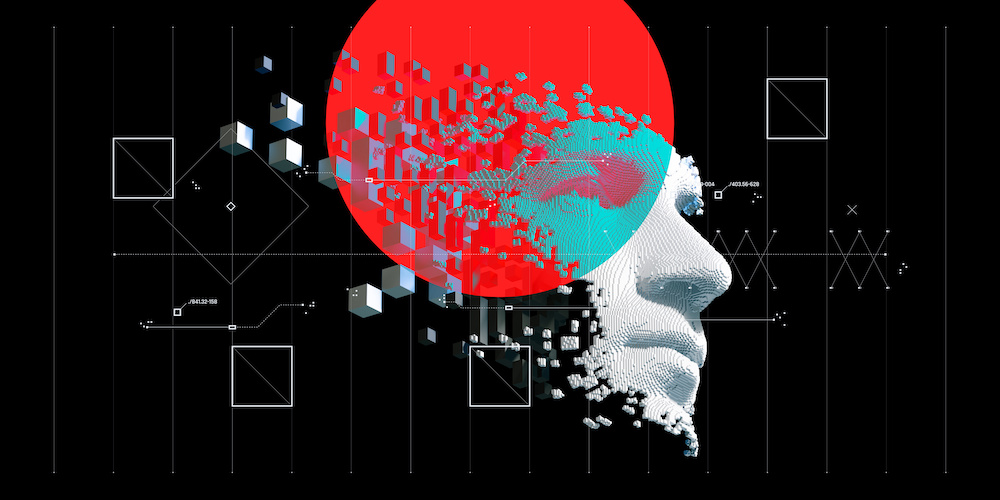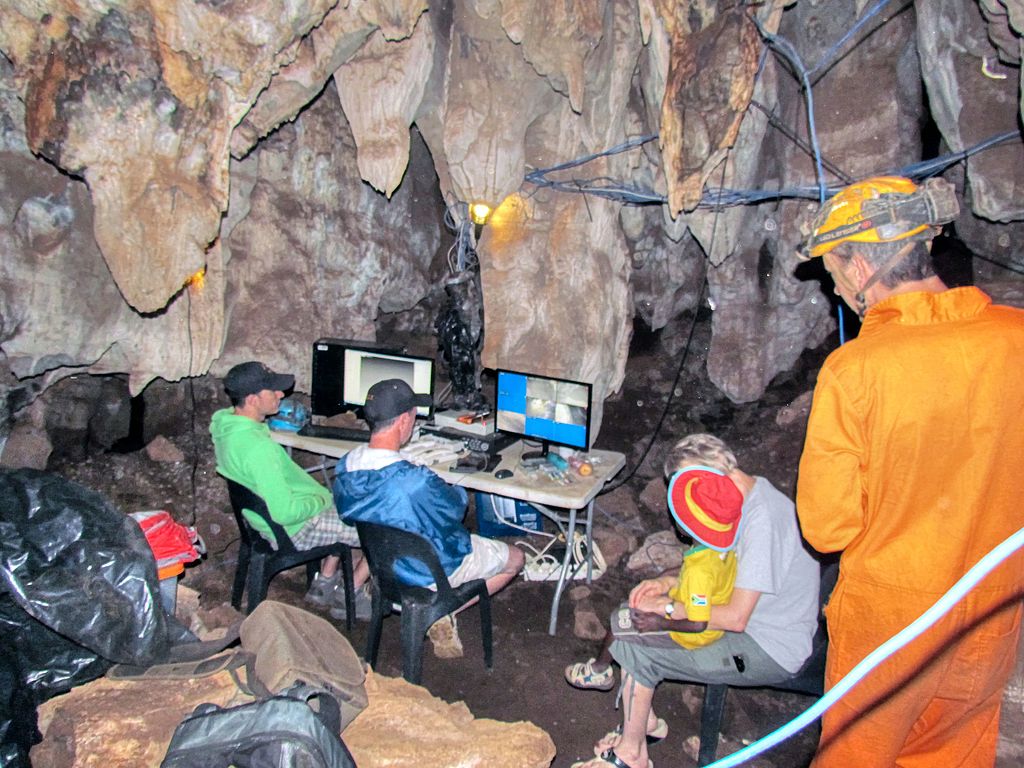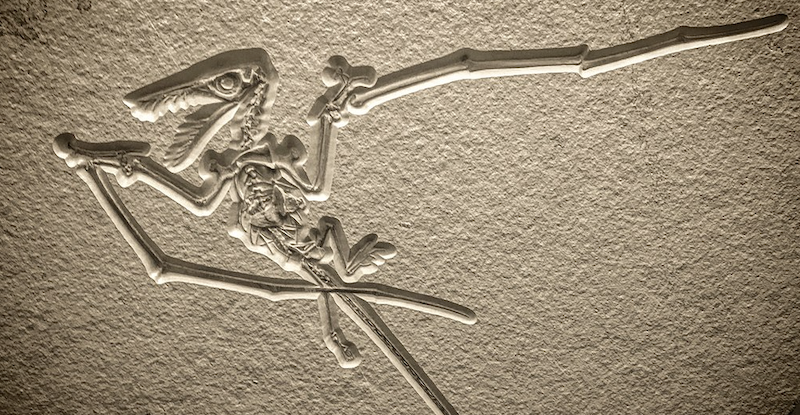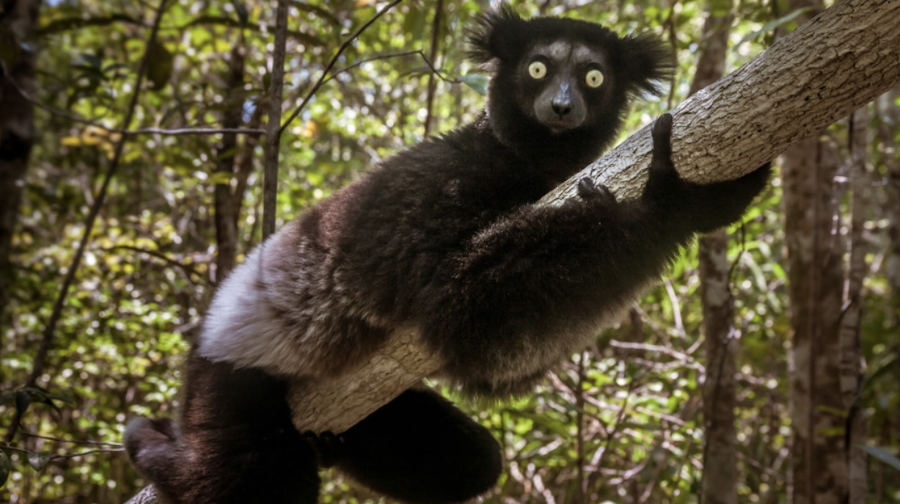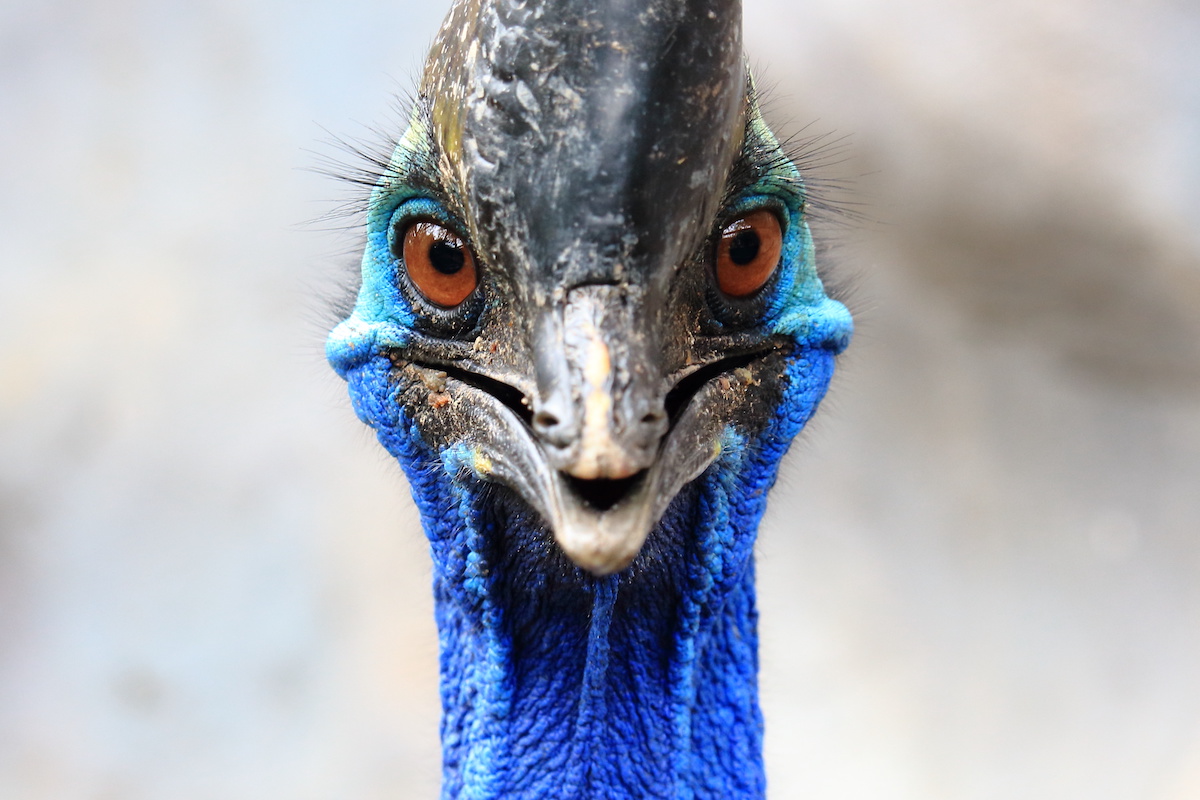Human Evolution
Instead of a mental illness, some research suggests that psychopathy — in moderation — is a reasonable life strategy.
Archaic humans ventured into Eurasia in waves, not always successfully. They may have started their journey in North Africa or West Asia.
The “Clovis First” hypothesis for human settlement of North and South America has just been debunked. Where do we go from here?
Mutations that confer malaria resistance occur more frequently in people who live in regions where the disease is endemic.
Awe is a powerful force, a fact that is both exciting and terrifying.
Outrage is a useful emotion that helped our ancient ancestors survive. Today, it leaves us feeling angry, tired, powerless, and miserable.
Discussions of human evolution are usually backward looking, as if the greatest triumphs and challenges were in the distant past.
The human brain is only the latest chapter in the ancient story of thinking on Earth.
The dark genome makes up 98% of human DNA. Scientists are just beginning to understand its role in cognitive disorders.
As always, aDNA research raises as many questions as answers.
The paradox of tribalism is that humans need a sense of belonging to be healthy and happy, but too much tribalism is deadly. We are one tribe.
Was this a moment when humans interbred with Neanderthals?
After it became clear that the world wasn’t 6,000 years old, some proposed that northern peoples had emerged independently from others.
A new analysis of an ancient hominin fossil sheds light on the “Out of Africa” dispersal events that occurred more than one million years ago.
Life’s stages are changing – we need new terms and new ideas to describe how adults develop and grow
Ages 30 to 45 are now “the rush hour of life.”
Dating of volcanic ash suggests the remains are at least 230,000 years old.
Beautiful people really know how to catch a break.
We are generally taught that there is an arc of history — an inevitable path of progress that leads to modern society. Maybe it isn’t true.
A study describes how researchers conducted the first successful DNA sequencing on ancient Egyptian mummies.
Many key inventions were unique: one-offs.
It’s all well and good to discuss how our humanity evolved – but what even is humanity?
Bears, chimps, or humans? A track of five poorly preserved footsteps at Laetoli has puzzled paleontologists for decades. Now, a research paper from Nature claims to have solved the mystery.
Today, every Homo species is extinct besides humans. But one of our close evolutionary relatives still lives on in our DNA.
An evolutionary biologist explains why you probably won’t grow a tail.
Society-changing ideas form through a three-stage process, argues author Michael Bhaskar.
Fittingly, the skull was found in the Rising Star cave of South Africa, itself located at a site known to UNESCO as the Cradle of Mankind.
Although many dinosaurs never left the ground, they still possessed the basic structural framework for flight.
A 12-year study shows that these large lemurs have a sophisticated sense of rhythm.
A new study suggests that hunting dogs’ barks convey emotional information about the animals they see.
Often called modern-day dinosaurs, cassowaries are one of only a few birds known to have killed humans.

